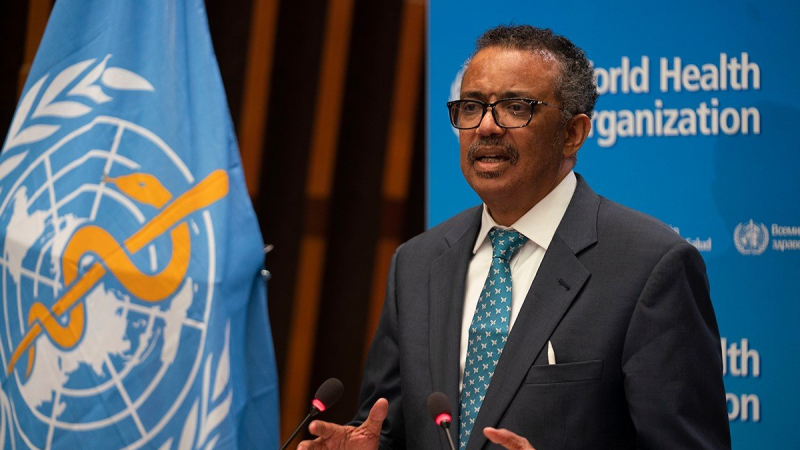
On 05MAY, the World Health Organization (WHO) officially declared that COVID-19 is no longer considered a public-health emergency of international concern (PHEIC), which is the organization's highest level of alarm.
As reported by the Globe and Mail, WHO director-general Tedros Adhanom Ghebreyesus said the decision was made after receiving a recommendation from the WHO emergency committee that first advised him to declare a public-health emergency back on 30JAN 2020. WHO officials analyzed recent international COVID data and determined it was the right time to lower the alarm level, he added.
While that is a cause of celebration, Dr. Tedros, as well as other Canadian health leaders, stressed that COVID-19 is still a threat.
“This is the end of an emergency,” federal Health Minister Jean-Yves Duclos said on 05MAY. “This is not the end of a threat.”
“Over all, there’s no significant changes for us,” Theresa Tam, Canada’s chief public-health officer, said in an interview after the WHO announcement.
Tam added that Canada was already transitioning for handling the virus as a crisis to a continuing public health concern. "Right now, in terms of monitoring, our surveillance systems are not as intense as before," Tam said.
As reported by the Globe, Tam stated COVID would eventually be tracked the way other respiratory illnesses are and measures such as wastewater analysis and watching for emerging variants would continue.
“At this stage, we mustn’t be complacent because continued viral surveillance is still essential given that this virus can still mutate, it can recombine, it can evade vaccine immunity,” said Marc-André Langlois, the executive director of the Coronavirus Variants Rapid Response Network, a team of Canadian academics who monitor variants.





